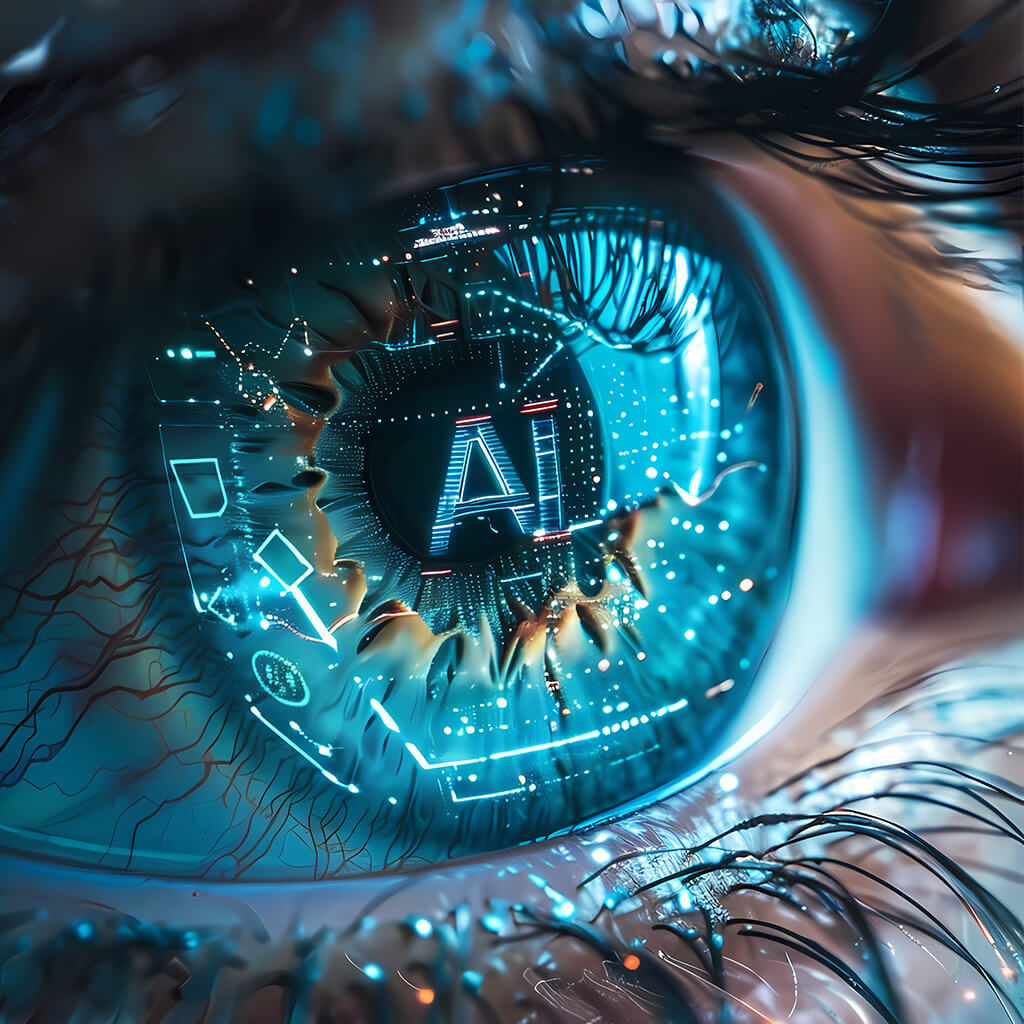Introduction
Artificial Intelligence (AI) is no longer the stuff of science fiction – it’s here, and it’s changing our world at breakneck speed. But as AI becomes more powerful and pervasive, a critical question looms: how do we ensure it remains a force for good? Enter the complex and fascinating world of AI regulation and policy. In this article, we’ll dive deep into the challenges, opportunities, and potential pitfalls of governing our AI-driven future. Buckle up, because what you’re about to learn might just blow your mind!
The AI Regulation Landscape: What You Need to Know
1. The Wild West of AI: Why Regulation Matters
Imagine a world where AI systems make life-altering decisions without oversight. Scary, right? That’s why governments and organizations worldwide are scrambling to establish guidelines. The European Union’s AI Act, for instance, aims to categorize AI systems based on risk levels, with stricter rules for high-risk applications. Meanwhile, the US is taking a more sector-specific approach, focusing on areas like healthcare and finance.
2. Ethical AI: More Than Just a Buzzword
Ever wondered how we can make AI “good”? It’s not just about code – it’s about values. Ethical AI frameworks are popping up everywhere, from tech giants to international organizations. These guidelines often emphasize principles like transparency, fairness, and accountability. But here’s the kicker: implementing these principles is easier said than done.
3. The Privacy Paradox: Balancing Innovation and Protection
Did you know that 87% of Americans consider data privacy a human right? Yet, AI thrives on data. Striking the right balance between fostering innovation and protecting individual privacy is one of the biggest challenges in AI regulation. Policies like the GDPR in Europe and the CCPA in California are setting new standards, but the debate is far from over.
4. AI Bias: The Hidden Threat to Fairness
Here’s a shocking stat: a 2019 study found that a widely used healthcare algorithm was less likely to refer Black patients for additional care than white patients with the same health conditions. This is just one example of how AI can perpetuate and even amplify existing biases. Regulators are grappling with how to detect and mitigate these biases without stifling innovation.
5. The Global AI Race: Cooperation or Competition?
AI isn’t just transforming industries – it’s reshaping geopolitics. Countries are vying for AI supremacy, with some analysts calling it the new space race. But here’s the twist: effective AI governance might require unprecedented global cooperation. Organizations like the OECD and G20 are pushing for international AI principles, but will nations put aside their differences for the greater good?
6. The Skills Gap: Preparing for an AI-Driven Future
Hold onto your hats: the World Economic Forum predicts that by 2025, 85 million jobs may be displaced by AI, while 97 million new roles may emerge. But are we ready? AI regulation isn’t just about controlling technology – it’s about preparing society for massive changes. Policies around education and workforce training will be crucial in the coming years.
7. The Accountability Question: When AI Goes Wrong
Who’s responsible when an AI system makes a mistake? It’s not as simple as you might think. As AI becomes more autonomous, traditional notions of liability are being challenged. Some proposed regulations, like the EU’s AI Liability Directive, aim to make it easier for individuals to seek compensation for AI-related harm. But the devil is in the details, and these policies are still evolving.
Conclusion: Shaping Our AI Future
As we’ve seen, governing the future of AI is a complex, multifaceted challenge. It requires balancing innovation with safety, individual rights with collective benefits, and national interests with global cooperation. But here’s the good news: we’re not powerless. By staying informed, engaging in public discourse, and demanding responsible AI development, each of us can play a role in shaping a future where AI serves humanity’s best interests.
The road ahead may be bumpy, but with thoughtful regulation and policy, we can harness the incredible potential of AI while mitigating its risks. Are you ready to be part of this exciting journey?
